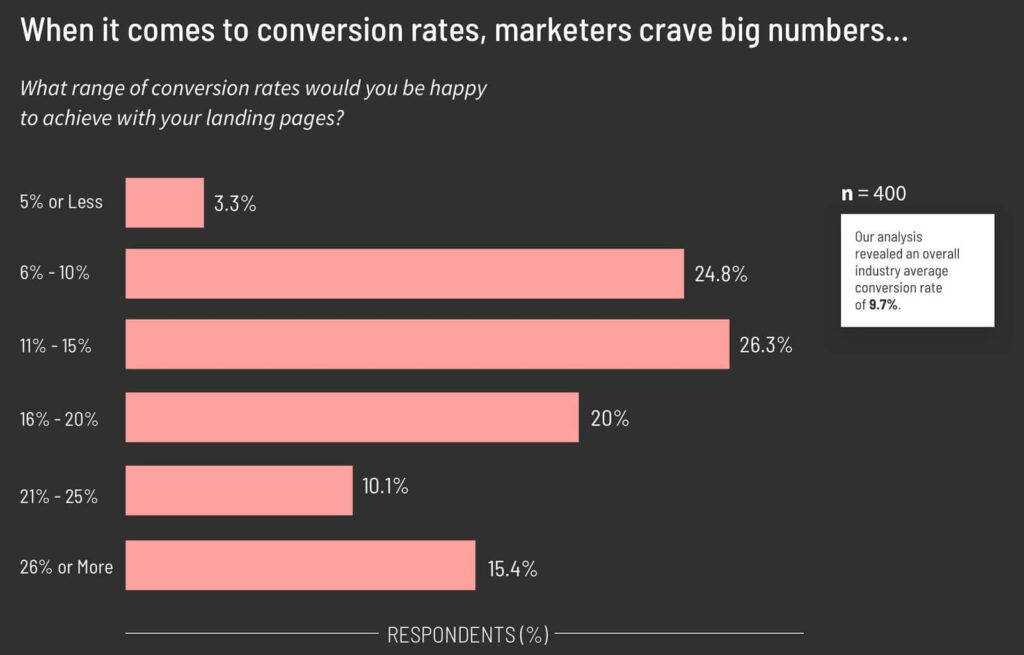
Maximizing Email Marketing: A Potent Tool for NGO Brand Building
August 18, 2023
Optimizing Your IVF Clinic’s Landing Pages for Better Conversion Rates
August 19, 2023Introduction:
The world of immigration is complex, with countless individuals seeking new opportunities and
experiences in foreign lands. For immigration brands, the challenge lies in reaching and connecting
with their target audience in a genuine and relatable manner. Traditional marketing approaches may
not always resonate with the diverse and multicultural audience that immigration brands aim to
engage. This is where influencer marketing comes into play. In this blog, we will explore the power
of influencer marketing for immigration brands, its benefits, and how it can help establish an
authentic connection with new audiences.
- The Rise of Influencer Marketing:
In recent years, influencer marketing has emerged as a dominant force in the digital marketing
landscape. Influencers, who are individuals with significant social media followings and niche
expertise, have the power to influence the opinions and actions of their audience. By collaborating
with influencers, immigration brands can tap into their engaged and loyal fan bases to expand their
reach and visibility.
- The Role of Authenticity in Immigration Marketing:
Authenticity is paramount when marketing immigration services. Aspirants are making life-changing
decisions, and they seek transparency and sincerity from the brands they consider. Influencers can
play a crucial role in conveying authenticity to their followers. When influencers share personal
experiences, success stories, and challenges related to immigration, it creates a sense of trust and
credibility among their audience.
- Identifying the Right Influencers:
The success of an influencer marketing campaign hinges on selecting the right influencers to
collaborate with. For immigration brands, it is essential to partner with influencers who align with
their brand values and resonate with their target audience. Here’s how to find the right influencers:
a) Relevance: Look for influencers whose content focuses on immigration, travel, culture, and
diverse experiences. This ensures that the influencer’s audience is genuinely interested in the
content and more likely to engage with it.
b) Engagement: Analyze an influencer’s engagement metrics, including likes, comments, and shares.
High engagement indicates that the influencer’s audience is actively involved and interested in their
content.
c) Authenticity: Scrutinize the influencer’s previous collaborations and the way they present
sponsored content. Genuine influencers maintain transparency and disclose partnerships clearly to
their followers.
- Crafting an Engaging Campaign:
Once the right influencers are identified, the next step is to create a compelling influencer marketing
campaign. The campaign should revolve around storytelling, where influencers share their personal
immigration journey or feature relatable stories of immigrants who have successfully settled in the
destination country.
a) Storytelling: Encourage influencers to narrate their experiences, challenges, and triumphs during
their immigration journey. Stories that evoke emotions and connect with the audience on a personal
level are more likely to leave a lasting impression.
b) Showcasing Success Stories: Highlighting success stories of immigrants who have thrived in their
new home can instill confidence in potential immigrants and showcase the possibilities that lie
ahead.
c) Addressing Concerns: Influencers can address common concerns and misconceptions about the
immigration process, providing valuable insights and guidance.
- Leveraging Various Platforms:
Influencer marketing is not limited to a single platform. To maximize reach, immigration brands
should collaborate with influencers across different social media channels, such as Instagram,
YouTube, TikTok, and blogs. Each platform offers a unique way to connect with audiences, and a
diversified approach can amplify the campaign’s impact.
- Measuring and Analyzing Results:
Tracking the success of influencer marketing campaigns is essential to gauge their effectiveness. Key
performance indicators (KPIs) should include engagement metrics, website traffic, lead generation,
and conversion rates. Analyzing the results allows brands to refine their future influencer
collaborations and optimize their marketing strategies.
- Compliance and Disclosure:
To ensure compliance with advertising regulations and maintain transparency, both immigration
brands and influencers should adhere to the guidelines set by the Federal Trade Commission (FTC) or
relevant regulatory authorities. Properly disclosing the influencer-brand relationship builds trust and
credibility with the audience.
Conclusion:
Influencer marketing presents a unique and powerful opportunity for immigration brands to connect
with new audiences in an authentic and relatable manner. By collaborating with relevant influencers,
immigration brands can share compelling stories, address concerns, and highlight success stories to
build trust and credibility. Remember that authenticity and transparency are the cornerstones of
successful influencer marketing campaigns. As immigration brands harness the potential of
influencer marketing, they will not only expand their reach but also establish lasting connections
with individuals seeking new opportunities in foreign lands.

